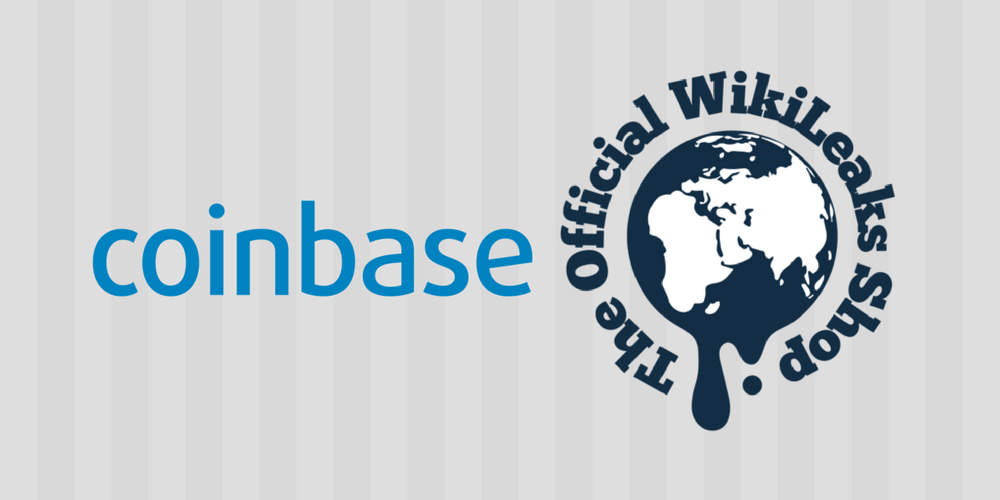
Wikileaks has called for a global blockade and boycott of Coinbase as retaliation for Coinbase’s motion to block WikiLeaks’ online store.
The decision by Wikileaks was taken without any prior notification to it or Coinbase’s users, according to the Wikileaks twitter account yesterday:
WikiLeaks will call for a global blockade of Coinbase next week as an unfit member of the crypto community. Coinbase, a large Californian Bitcoin processor, responding to a concealed influence, has blocked the entirely harmless @WikiLeaksShop in a decision approved by management. https://t.co/PAldF8b12P
— WikiLeaks (@wikileaks) 21 April 2018
The removal of Wikileaks’ account via Coinbase was, according to the exchange, due to an apparent ‘violation of terms of service’ by the former. This means that Wikileaks, as a broader organisation, has been cut off from what has since become one of its most significant revenue streams.
Wikileaks has since been instructed by Coinbase to begin the process of removing its assets from its existing account. This ban is despite the fact that the store only sells clothing, phone cases and recently added crypto-kitties.
In the statement to Wikileaks by Coinbase, it cited that as a member of “a regulated Money Service Business under Fincen,” and is “obligated to implement regulatory compliance mechanisms.” It can be argued then that Coinbase’s actions against the store may be an attempt to counter what it perceives as money laundering, as that it Fincen’s function.
It’s believed that this statement comes due to Coinbase’s association with money services and regulatory bodies. In what may be perceived as stepping away from the decentralised nature of cryptocurrencies.
It remains uncertain as to why this course of action has been taken by Coinbase, and, according to some experts, demonstrates nothing if not a slight repetition of history.
, Andreas Antonopoulos referred to the actions taken by Coinbase as history repeating both for Wikileaks and bitcoin.
We have come full circle. Many people's interest in bitcoin started when Wikileaks was out under an extra judicial embargo by VISA, MC, PayPal and banks. Now Coinbase has repeated history. Oops. https://t.co/b8HQkoOwyQ
— Andreas (aantonop Team) (@aantonop) April 21, 2018
“We have come full circle. Many people’s interest in bitcoin started when Wikileaks was out under an extrajudicial embargo by Visa, Mc, Paypal and banks. Now Coinbase has repeated history. Oops.”
During the early stages of Bitcoin, one of the first uses it had was as a form of a donation to the recently founded Wikileaks. During 2010, financial organisations such as Mastercard, Visa, Paypal, Bank of America and others issued bans on any funding going towards the website.
At the time, the action was taken due to the website warning that it will publish a ‘megaleak’ of a multinational bank, according to Forbes. Assange would go on to call the decision an ‘act of Macarthyism’ against Wikileaks and called for a boycott agaisnt them.
It was here that bitcoin entered the fray, both as a starting point for bitcoin as a decentralised currency. And for Wikileaks to obtain funding after the recent economic blockade foisted on them.
It was far from a unified decision, with Satoshi Nakamoto expressing strong opposition to any involvement with the website. Satoshi, at the time, was concerned that the damage done to bitcoin at this early stage of its development would cripple it moving forward.

